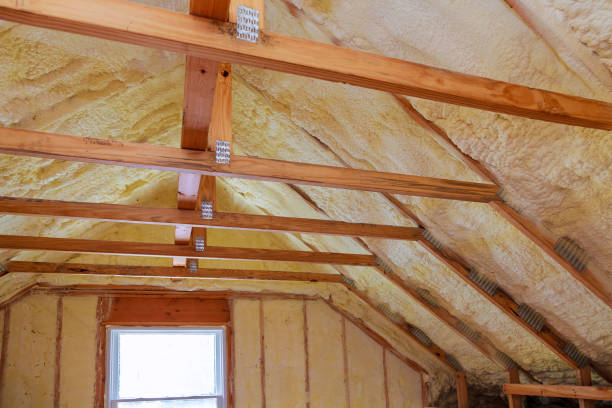
Proper insulation is essential for maintaining a comfortable indoor temperature, reducing energy costs, and preventing moisture buildup in mobile homes. Insulating the roof of your mobile home is particularly important, as it can help regulate interior temperatures and improve energy efficiency. Here’s what you need to know about mobile home roof insulation:
Table of Contents
Benefits of Roof Insulation
1. Energy Efficiency
- Roof rfc cambridge.com/ helps reduce heat transfer between the interior and exterior of the mobile home, resulting in lower heating and cooling costs throughout the year.
2. Temperature Regulation
- Insulating the roof helps maintain a consistent indoor temperature, keeping the home cooler in summer and warmer in winter for enhanced comfort.
3. Moisture Control
- Proper insulation can help prevent moisture buildup and condensation inside the roof cavity, reducing the risk of mold, mildew, and structural damage.
4. Noise Reduction
- Insulation provides a barrier against outdoor noise, helping create a quieter and more peaceful living environment inside the mobile home.
Considerations for Roof Insulation
1. Roof Structure
- Mobile home roofs typically have limited space for insulation due to their design and construction. Consider the available roof cavity and structural constraints when planning insulation installation.
2. Insulation Materials
- Common insulation materials for mobile home roofs include fiberglass batts, foam board insulation, and spray foam insulation. Choose an insulation type that provides the desired R-value and fits within the available space.
3. Vapor Barrier
- Install a vapor barrier along with the insulation to prevent moisture from penetrating into the roof cavity. The vapor barrier should be installed on the warm side of the insulation to minimize condensation.
4. Ventilation
- Ensure adequate roof ventilation to allow for airflow and moisture control. Proper ventilation helps prevent heat buildup in the summer and reduces the risk of moisture-related issues such as rot and mold.
Installation Process
- Preparation: Clean the roof surface and ensure it is free of debris, dust, and moisture before installing insulation.
- Measurements: Measure the dimensions of the roof cavity to determine the amount of insulation needed.
- Installation: Install the insulation material according to the manufacturer’s instructions, taking care to fill gaps and seams tightly to minimize air leakage.
- Vapor Barrier: Install a vapor barrier over the insulation, ensuring it overlaps and seals tightly to prevent moisture infiltration.
- Ventilation: Install roof vents or ensure existing vents are clear and unobstructed to allow for proper airflow and ventilation.
Conclusion
Insulating the roof of your mobile home offers numerous benefits, including improved energy efficiency, temperature regulation, moisture control, and noise reduction. By selecting the right insulation materials, planning for proper installation, and ensuring adequate ventilation, you can create a more comfortable and energy-efficient living space inside your mobile home.